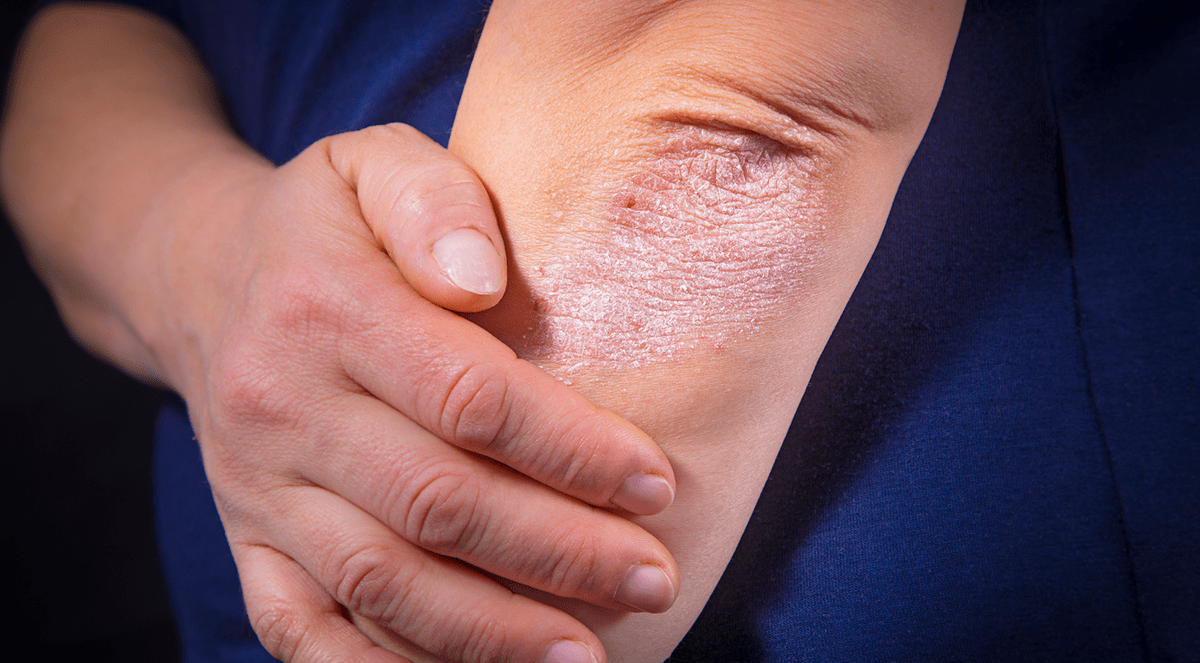Biologic treatments, which are thought to be more effective and safer than standard systemic medicines, have significantly improved the quality of life of psoriasis sufferers. There has recently been a proliferation of novel targeted therapy alternatives, such as anti-interleukin-17, anti-interleukin-12/23, and small-molecule medicines like apremilast. However, there are significant concerns about their usage, particularly in individuals with chronic infections such as hepatitis B virus (HBV) and hepatitis C virus (HCV) (HCV). It is believed that two billion people globally are infected with HBV, with roughly 240 million suffering from chronic HBV infection.Furthermore, there are roughly 71 million people globally who have chronic HCV infection, with a large proportion of them being ignorant that they are afflicted. Depending on the kind of immunosuppressive medication used, the risk of HBV reactivation can be classified as high, moderate, or low, based on the presence or lack of hepatitis B surface antigen but positive to anti-hepatitis B core antigen. Patients with hepatitis B surface antigen who are treated with tumour necrosis factor inhibitors, ustekinumab, or cyclosporine have a high or moderate risk of HBV reactivation and should be considered for preventive anti-HBV treatment. Once treatment has begun, it is critical to monitor HBV DNA levels every three months. Because reactivation of the Hepatitis B virus generally occurs with immunological reconstitution, antiviral treatment should be continued for 6–12 months after ending immunosuppression. Patients with Hepatitis B surface antigen who are administered methotrexate, acitretin, or apremilast have a low risk and should be evaluated for viral reactivation every 3 months by evaluating alanine aminotransferase and HBV DNA levels. Interleukin-17 and interleukin-23 inhibitors have no conclusive results. Patients with anti-hepatitis B core antigen who are treated with tumour necrosis factor inhibitors, ustekinumab, and cyclosporine have a moderate risk of reactivation, and they should preferably undergo HBV DNA or hepatitis B surface antigen and alanine aminotransferase testing rather than routine pre-emptive therapy. Patients with anti-hepatitis B core antigen who are on methotrexate, acitretin, or apremilast have a minimal chance of reactivation and do not need anti-HBV treatment, nor is monitoring required. Interleukin-17 and interleukin-23 inhibitors have no conclusive results.
Reference:https://link.springer.com/article/10.1007/s40257-019-00457-3


